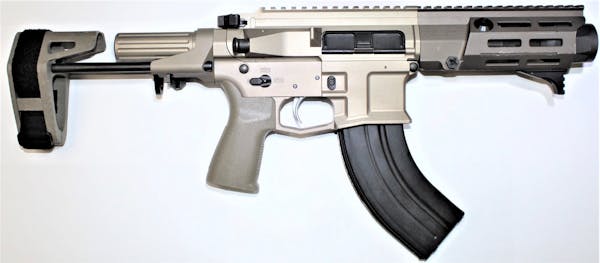Firefighters arrived to check on an elderly Minnetonka man recently and discovered that his method of managing medications was to empty his pill bottles and pour hundreds of capsules into a baseball cap.
"He knew the blue pill is for pain, the red pill is for cholesterol …" said Jim Flanders, an assistant chief for the Minnetonka Fire Department. "That was his system."
It's the kind of high-risk situation that firefighters are identifying through a novel and growing home-visit program for patients discharged from Methodist Hospital in St. Louis Park.
So far they have identified patients at risk for medication errors or falls and others in need of follow-up medical care or social services, and now more departments are linking up. The Eden Prairie and Hopkins departments agreed this month to join the program, supplementing Minneapolis, Minnetonka and St. Louis Park.
When patients agree to visits, firefighters typically stop by within 24 hours, check their vital signs and health, review safety conditions in their homes, and make sure they are following doctors' discharge orders.
Flanders said the program provides an important backstop because patients tend to tune out instructions about what to do when they go home from the hospital.
"Once that nurse utters the word discharge," he said, "the brain leaves."
If the firefighters can make sure the discharged patients are OK, Flanders said, "they might not go down so far [in their health] that they need a 911 call."
For the fire departments, the free home visits are an extension of their basic mantra of community service, "to do what's best for Mrs. Smith," Flanders said. For Methodist, the program also is a matter of dollars and cents, because the federal Medicare program now penalizes hospitals financially if too many elderly patients return to hospital care within 30 days of their discharges.
In the first 144 visits, firefighters helped 39 patients get follow-up medical care, or social services, or access to food through a food shelf. The visit is an option for Methodist patients, and about half who receive the offer say yes.
"We're that Band-Aid," Flanders said, "in that first 12 to 24 hours after discharge."
In heated western Minn. GOP congressional primary, outsiders challenging incumbent

Minnesota Sports Hall of Fame: A class-by-class list of all members

This retired journalist changed professional wrestling from Mankato

